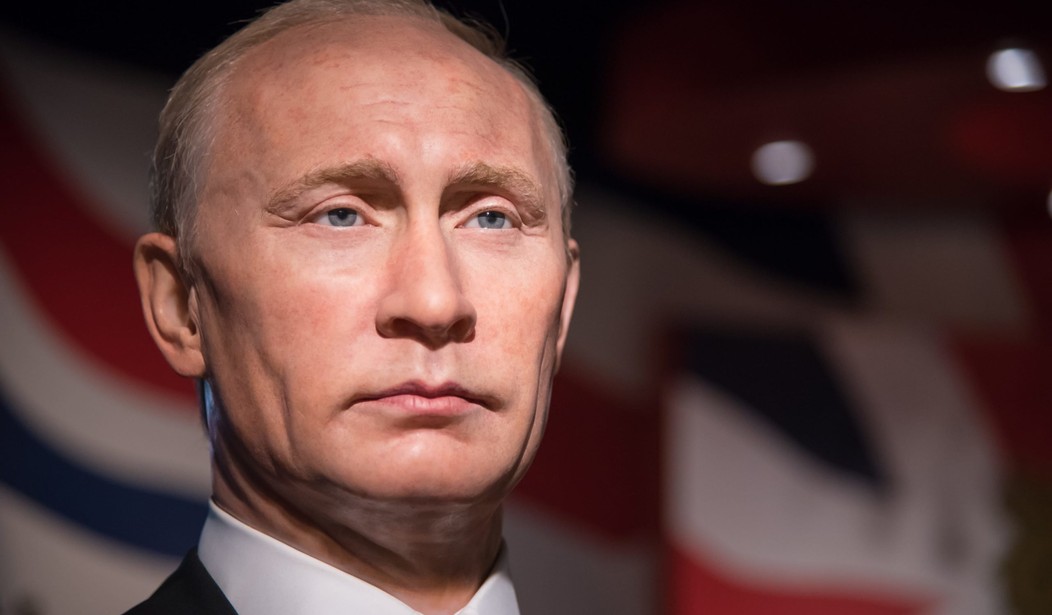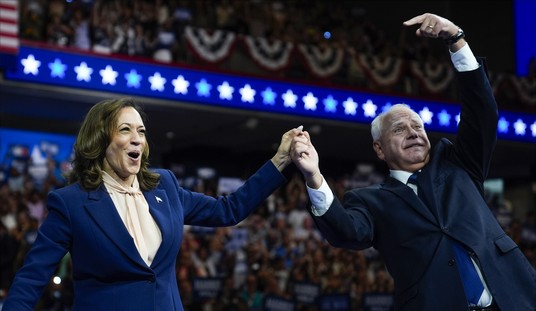There’s a great piece at StrategyPage this morning — longer than their usual stuff — summing up the situation in and around Russia. It’s Read the Whole Thing™ material, but if you don’t have time right now, then at least check out this bit:
Some historians see the German reoccupation of the Rhineland in 1936 as the real beginning of World War II. As part of the treaty that ended World War I, Germany agreed to keep troops out of the Rhineland (a German region on the French border). Going back in was a huge gamble for the Germans, who were in the midst of rebuilding their military, and, in 1936, much weaker than France or Britain. But neither of these countries were willing to risk the violence that might occur if they went after the 32,000 troops and police Germany sent into the Rhineland. This convinced Hitler that he could bully the Western allies, and grab neighboring countries with impunity. This worked for Austria and Czechoslovakia, but triggered World War II when Germany and Russia (by prior agreement) carved up Poland in 1939.
Russia may not have its sights on Poland this time around, but Belarus, Ukraine, the Baltic States and a few of the Central Asian “stans” would be nice. In 2014 Russian confirmed this by moving on Ukraine, seizing (and annexing) Crimea and getting stuck trying to do the same in eastern Ukraine (Donbas). The question remains as to whether would, or could, anyone stop Russia from continuing to do this Hitler didn’t have nuclear weapons, nor was Germany the supplier of a quarter of Europe’s energy needs. Hitler also didn’t have the support of the German people for such military adventures, the current Russian government does but only if there are few Russian casualties. Russia also still has its secret police apparatus. Perhaps not as large as when the Soviet Union was still around, but it’s still there. Credit Cards, the Internet and cell phones make it easier to keep track of people. There are still KGB old timers around who remember how to run a prison camps. Absorbing the nations of the “near abroad” (as Russia calls its neighbors), would mean having to deal with a lot of dissidents. That’s what the Gulag (the Russian acronym for the prison camp system, or “The Chief Administration of Corrective Labor Camps and Colonies”) was created for. It gets the troublemakers off the streets, permanently, as needed. Puts the fear of Moscow into the newly acquired citizens of the Russian State. It worked before, it can work again. So did taking over the Rhineland.
Russia has always had the population base, the military skills, and the intel chops to bully around its smaller, weaker neighbors. That’s the short version of how a nation that began as a collection of Slavic tribes living along the rivers and in the woods of Europe’s farthest reaches was able to go on to conquer Siberia, Central Asia, the Caucasus, most of Eastern Europe, and much of the Balkans. At the Soviet Union’s postwar heyday, Stalin and his successors ruled an empire as mighty as anything Napoleon or Hitler ever dreamed of — and the USSR was making successful forays into Africa, Southeast Asia, and even Central America, too.
Not bad for a people who started out as hut-dwelling turnip farmers.
(I kid, I kid.)
Three things however sealed the fate of the Soviet (née Russian) Empire. Their unimaginable demographic losses from the Nazi invasion of 1941 could be masked for a time, but not forever. Next of course was Russia’s technological and economic backwardness (relative to the West) due to the inherent contradictions of Communism. And, of course, NATO and Western unity in the face of the Soviet threat.
Putin apparently believes — and he may well be right about this, although not in a nice way — that Russia can climb out of its demographic hole by annexing its Slavic neighbors. While Russia’s economy is still hobbled by corruption and sanctions, the end of Communism has allowed Russia to close at least some of the technology gap. As Western unity… it might be as real as ever, but it no longer seems as apparent as it was during the days of Reagan, Thatcher, and Kohl.
For a gambler like Putin, that combination has proven to be an invitation to aggression too tempting to pass up.
So if in the next few years we do stumble into a major war in or around Russia’s Near Abroad, how far back will historians pick as the “real” start of the war?










Join the conversation as a VIP Member